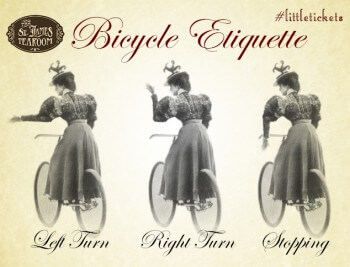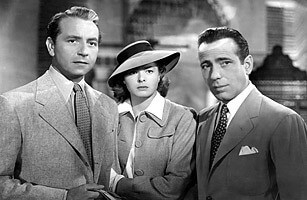
Cheers to Arthur Guinness!
Our Irish theme for this month is dear to our heart, for Arthur Guinness is one of our own British Greats. If you have ever been seated in our St. James Gate, or if you have ever enjoyed a Guinness stout, you have had a brush with Arthur Guinness. His life exemplifies that which we believe to be worthy and noble, and worth emulating. Surprised? Let me tell you about this remarkable man.
Dublin, in his time, was a city in dire straits. It had become a cesspool, a “bog of squalor, sickness, and vice.” It had the highest rate of death and disease in all of Europe. The upper classes had fled to England, leaving the poor to fend for themselves, and many of the menfolk had gone to find employment elsewhere, leaving women and children helpless, and alone. Gin was devastating the entire country; alcoholism was rampant. There was religious strife between the Catholics and Protestants. The situation in Arthur’s city, in that day, was calamitous.
Arthur Guinness had a passion: “to seek out ways to serve his fellow man and to mend what the harshness of life had torn.” His heart broke for his city. But he knew he had an asset that might prove useful – he was a brewer, and a good one. Rather than moving to England where there was more likelihood of success, Guinness determined to stay put, produce a product that could help him “seek out ways to serve his fellow man,” right where he lived.
Guinness believed in hard work. He believed in creating an excellent product with excellent service. (It wasn’t long before he became the official beer of Dublin Castle.) He also believed in the goodness of wealth (I wonder how this might go over in our day and age?) and the responsibilities that wealth entailed. He believed in being a catalyst for change in his society and desperately wanted to “mend that which the harshness of life had torn.”
In December of 1759, Guinness signed a 9,000 year lease for a brewery on the banks of the River Liffey, called St. James’s Gate. He began his task, and he began his legacy. This eighteenth century entrepreneur and his heirs in succeeding generations have become an inspiration and an influence, change-agents in their culture, and examples of how we can be, as well.
If you have ever seen one of William Hogarth’s famous engravings of this period of British history, you will have seen shocking little snippets of the alarming situation of the poor at this time, the agony of poverty and alcoholism. Guinness knew his beer was nutritious and a less intoxicating alternative to gin, far safer than water. Amazingly, (and gratifyingly,) tea and beer were both instrumental in bringing the entire British Isles out of this sad state of affairs.
In that age of dissension and strife between Protestant and Catholic, Arthur Guinness hired both sets of workers, treating both with respect and with care. He also advocated in the community that others do so, which cost him business for a time, but he knew it was the right thing to do.
Eventually, a survey was made of housing in the city. Conditions were dreadful: multiple families living in a single family dwelling, oftentimes up to 48 people would share the use of one toilet and one water tap in the backyard. …And so Guinness and set about his work. Ultimately, housing was built – clean new homes. A doctor was hired. Classes were offered: cooking classes for mothers and young women, instruction in nutrition and care of infants, hygiene and disease prevention, first aid, and financial management classes. There were art classes, music classes, a lending library. There was a “lady visitor” who assured healthy living conditions. There was an athletic field and organized athletic events, concerts and socials. There were organized opportunities for the management of the brewery to meet and socialize with the laborers. There were popular lectures of educational value. … He was able to do all this for the workers in his brewery and their families because of the excellence of his product and his desire to serve his fellow man.
Arthur Guinness had a passion for helping those who lived near, in his own city. He was determined to make a difference and do what he was able. Beer was the tool Guinness had to use to do what his heart required. He had a skill and was determined to employ it for good. He made an excellent product and used the profits to fund his passion “to seek out ways to serve his fellow man and to mend what the harshness of life had torn.” The legacy of Arthur’s brewery has been a lasting Culture of Benevolence. He was a catalyst for change in his society, a model we prize.
You can see why we love Arthur Guinness. We love that his heart’s desire was to mend; we love that he prized excellence, and thus won the wherewithal to follow his yearning. The legacy of his Guinness Brewery is a legacy of kindness and grace; he is dear to our hearts! If you would like to learn more about this man and his legacy, you will find a wonderful book in our Market called The Search for God and Guinness, by Stephen Mansfield. “In an age of corporate irresponsibility and corruption, the Guinness story is a challenge to our times and an inspiration to our hearts” (from the book jacket). My copy is well marked and dog-eared. I heartily recommend it.
Hats off to Arthur Guinness! May we all learn from his life’s work.
Yours for a return of Grace, Civility, Beauty, Gentility, and Excellence,
Mary Alice







